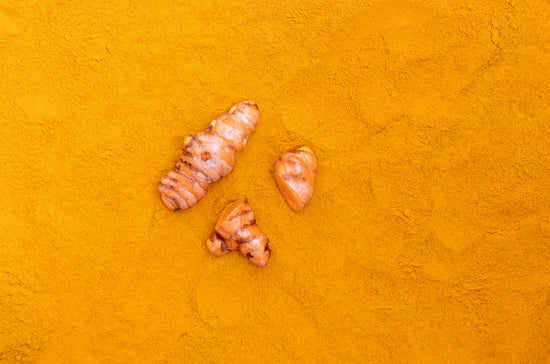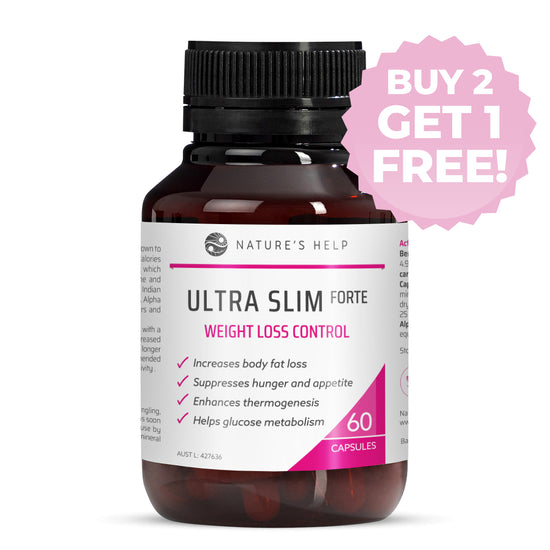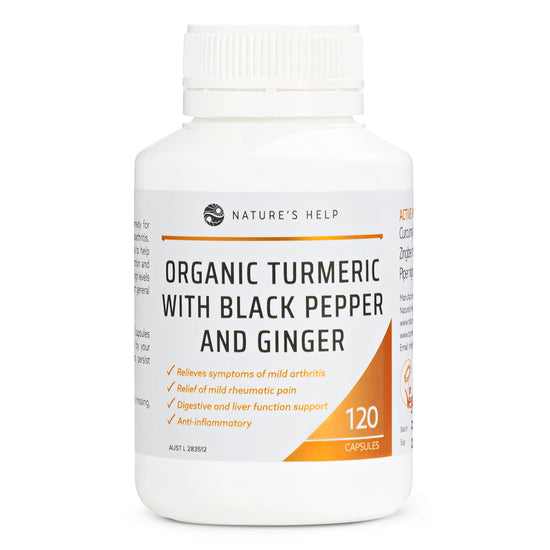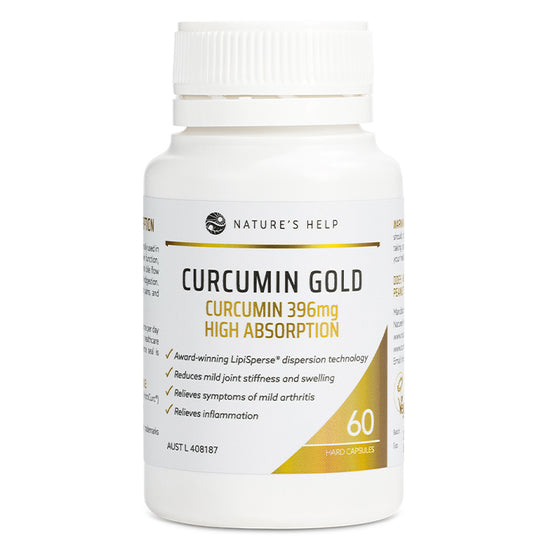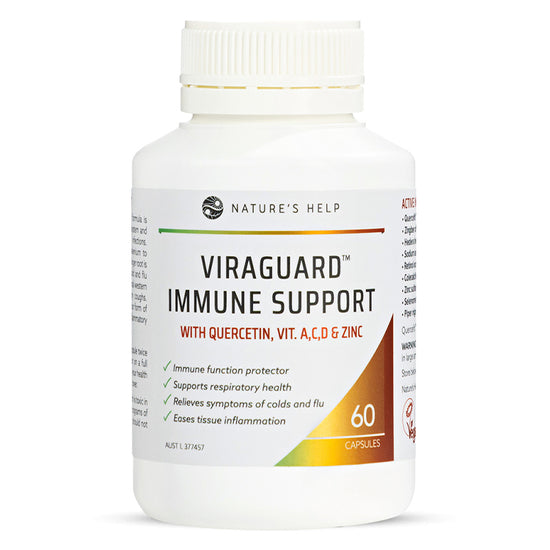Your immune system is a glorious feat of engineering spread throughout the human body. A healthy immune system is essential for survival. The key players are the white blood cells. They launch the attack on bacteria, viruses, parasites and fungi, with the lymphocytes controlling the immune response to infections and inflammation. T cells and B cells are the two main types of lymphocytes. Distinguishing the foreign tissue that gets inside the cells, it is the T cells that lock onto the infected cells and eliminate them. Our body mounts an immune response on any cell infections, plus it also clears out dead and abnormal cells. The immune system is like a computer producing memory cells to keep a record of every germ it has ever conquered, so if the antigen comes into the body again, it is destroyed faster and stronger. This is immunity.
There are three types of immunity.
- Innate. This is the first line of defence and includes the external barriers such as the skin, the mucus membranes on the throat and nose and the digestive system. It is a general, broad response creating inflammation. Cytokines are chemical messengers that have key roles in regulating the innate immune response. If bacteria escape the innate system, then the next two systems kick into gear.
- Adaptive/Acquired. Exposure to diseases and immunisations allows the body to build antibodies that specifically target germs that the body has previously come into contact with, and the immune system remembers these invaders, thus giving the body the ability to fight viruses that mutate over time. Acquired immunity does take several days or weeks to develop.
- Passive. This is a borrowed immunity such as a baby receiving antibodies through the placenta or from breast milk, giving protection for an infant’s early years.
White blood cells are constantly looking for invading germs. It is the lymphocytes that assist the body to recognise previous invaders. And it is the lymphocyte blood test that alerts your doctor to your level of infection. The B cells produce anti-bodies which are specialised proteins to bind to and neutralise the invader. The T cells destroy the compromised cells. The T cells can be ‘helper’ cells and they coordinate the immune response or ‘killer’ cells that attack and destroy infected cells. The immune system also operates against cancer development.
Sometimes the immune system goes haywire and computes that the body’s own cells are foreign invaders and starts attacking healthy cells. This is known as an auto-immune response.
So, how do you give your immune system the best chance of working optimally for you? Especially during the current virus outbreak crisis. Is it up to you to take responsibility for your personal well-being? This ever-increasing dependence on Big Pharma drugs and medicines is not good for you. Western society is creating a ‘sick’ system instead of a ‘health’ system, by treating the symptom and not the cause. Here, take a pill for this and now take a pill for the side effect of that pill. These poisons generate billions into the bank accounts of Big Pharma, while slowly disintegrating your health. Painkiller abuse has been ramped up.
And very few people seem to be addressing the critical role nutrition, vitamins and minerals play in the ideal health of your body. For the current situation, there are two essential vitamins and one essential mineral that you really need to be supplementing to boost your immune system. Vitamin D, vitamin C and zinc.
VITAMIN D
The Vitamin D Receptor (DVR) – found in every cell – is a factor that actively regulates the expression of more than 900 genes. Studies on Vitamin D and immune function show a link between deficiency with both high infection rates and increased inflammatory diseases. The vitamin D receptor is found in B and T cells, regulating the innate and adaptive immune responses. Microbes slow down the immune system when Vitamin D levels are low.
Rates of seasonal infections do vary with higher infections during the winter months when people are in the sun less and not receiving the daily recommended amount of vitamin D. Studies all report a link of lower vitamin D levels equalling increased rates of infection.
By inhibiting B cell creation and T cell development, the beneficial effects of vitamin D affect the innate immune system. These effects result in reduced manufacture of inflammatory cytokines, with increased production of anti-inflammatory cytokines. Cytokines are little proteins that are crucial in controlling the activity of immune cells and blood cells.
The daily recommended dose of the ‘sunshine’ vitamin is 10-20 micrograms per day. It is also advised that you take vitamin D3 with K2, readily available from Turmeric Australia. And eat oily fish, eggs and mushrooms.
VITAMIN C
Vitamin C is an essential nutrient and antioxidant for humans, contributing to immune defence by supporting various cellular functions of both the innate and adaptive immune systems. Our body also needs vitamin C for bones, iron absorption and healthy skin.
The role of vitamin C in white blood cell lymphocytes is to enhance the variation and spread of B and T cells. Vitamin C deficiency delivers a higher susceptibility to infections, but supplementation helps treat and prevent respiratory and repeated infections. 100-200mg per day is recommended with much higher doses needed if you have an infection, so as to compensate for the increased inflammation. It also aids your body to produce important antibodies: proteins that bind invading microbes to neutralise them. Ask you naturopath, pharmacist or doctor for assistance.
Severe vitamin C deficiency results in scurvy, whereby infections become fatal, and wounds do not heal. A skin cut can easily become infected and not only does vitamin C initiate the immune system to heal the cut, it also helps the body to produce collagen to repair the injury. Poor diet, exposure to pollutants and economic hardship are valid reasons why a good portion of the population do not get their daily vitamin C requirements. High doses of vitamin C lessen the length of cold symptoms, but don’t absolve you of catching a cold.
High doses of intravenous vitamin C have often pulled people back from the brink of death. A hotly debated subject is currently undergoing trials in China.
Your body cannot make vitamin C, so you must eat vitamin C-rich foods every day. Vitamin C grows and repairs body tissues. And best of all vitamin C fights free radicals in your body – those nasty free radicals that cause cancer, heart disease, cartilage loss and aging.
Fruit and vegetables provide the best sources of this vital vitamin. Raw is best, as fruit and veg do lose some vitamin C content when cooked.
ZINC
Multiple aspects of the immune system are affected by zinc, but basically zinc facilitates the function of the cells. It keeps the immune system robust. A zinc deficiency equals a weak immune system compromising the immune response at multiple cellular levels. Zinc deficiency adversely affects the growth and function of T and B cells.
Cells that replicate prolifically, especially in the immune system, benefit greatly from zinc. All manner of immune cells display minimum function after zinc depletion, with the normal purpose of the T cells diminished. That is locking onto the bacteria and obliterating it. Similarly, high doses of zinc have negative effects, equalling zinc deficiency. Macrophages are also affected by less zinc in your system. A macrophage is a cell responsible for detecting, consuming and destroying pathogens.
The ability of zinc to function as an anti-oxidant and stabilize membranes suggests that it has a role in the prevention of free radical-induced injury during the inflammatory processes.
The elderly and vegetarians are the risk groups for low zinc levels. Your sense of taste and smell and wound healing are functions affected by zinc. Zinc lozenges have become popular when someone develops the common cold. Topical zinc is used to treat nappy rash and skin issues.
SUMMARY
Take responsibility for your own health and well-being. Supplement with Vitamin D3 & K2, Vitamin C, zinc – and turmeric to combat inflammation. Start right now to enhance your immune system. Make sure your diet consists mainly of fruit and vegetables. Partake of some regular exercise. Reduce smoking and alcohol.
But life is about the pleasures. So don’t feel guilty eating a bar of chocolate or dunking a biscuit in your cuppa now and again. It’s all about moderation.




